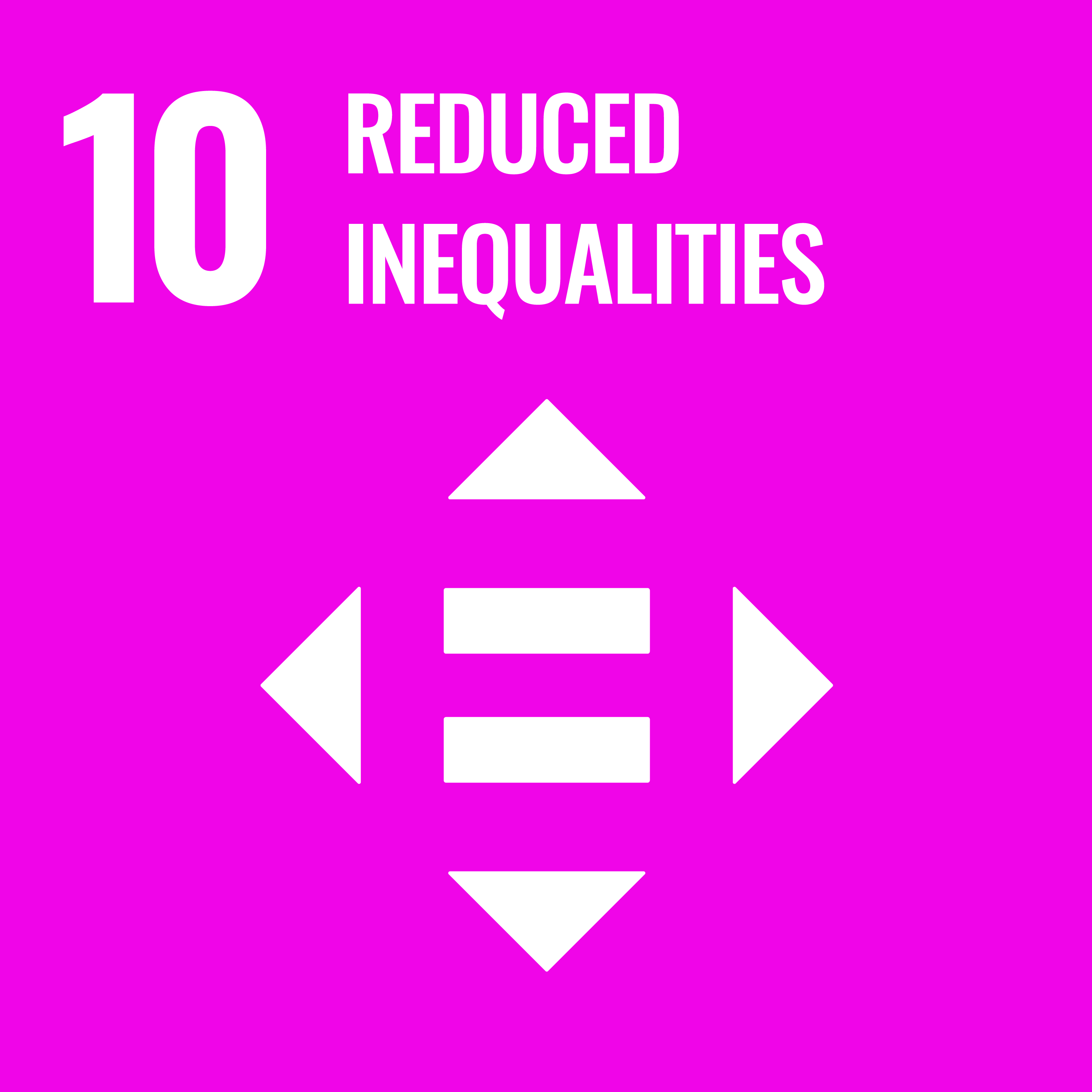Reducing inequalities by promoting inclusive practices as a requirement for meeting United Nations SDG 10 also is strongly related to equality of access. Taking these questions of access literally, this leads us to issues of inequalities in mobility which may hinder access in economic opportunities, social inclusion and also taking part in the political and cultural sphere for certain groups. In reflection of this, a well-balanced traffic-system becomes a basic prerequisite for granting equal access. Transforming streets into multimodal transportation systems with several lanes for parking lots, bicycles, buses, vehicles, green belt, sidewalks and pedestrian paths may serve as basis also for a well-established public transport system which then may contribute to an increased mobility for the economically disadvantaged. Reconceptualizing the transportation systems may also provide opportunities for integrating modern technology such as “smart streets” or the integration of urban green spaces. In our workshop we wish to shed light on various perspectives related to affordable transportation. We also wish to develop ideas on how we can contribute to raising awareness for the topic and develop our own visions of how affordable transportation projects could be implemented. The workshop is open for students of all disciplines and especially relevant for students of economics, architecture, engineering, environmental science, spatial planning but also social sciences, sociology, political sciences and related subjects.

- Teacher: Jan Schürmann Schürmann
